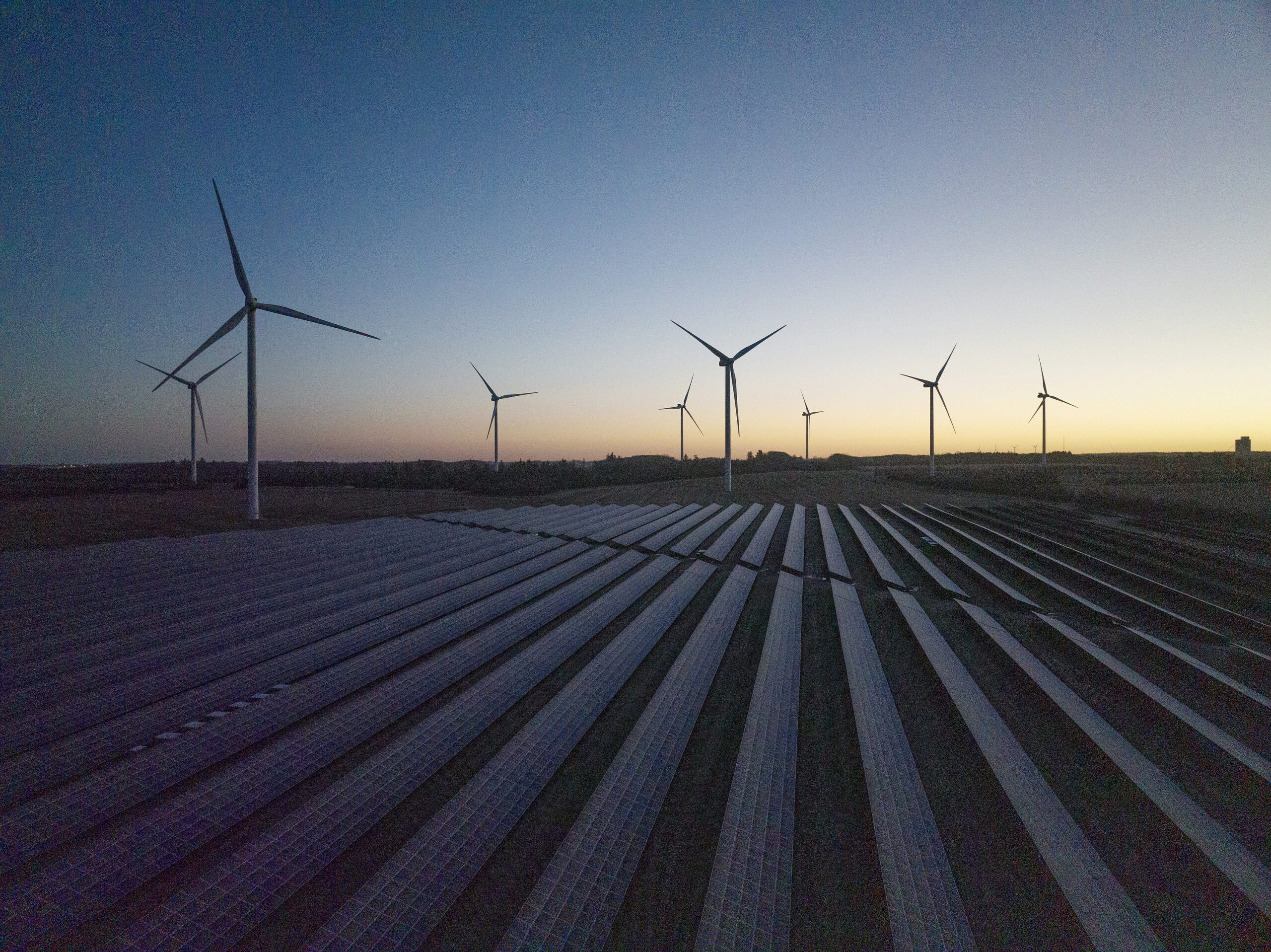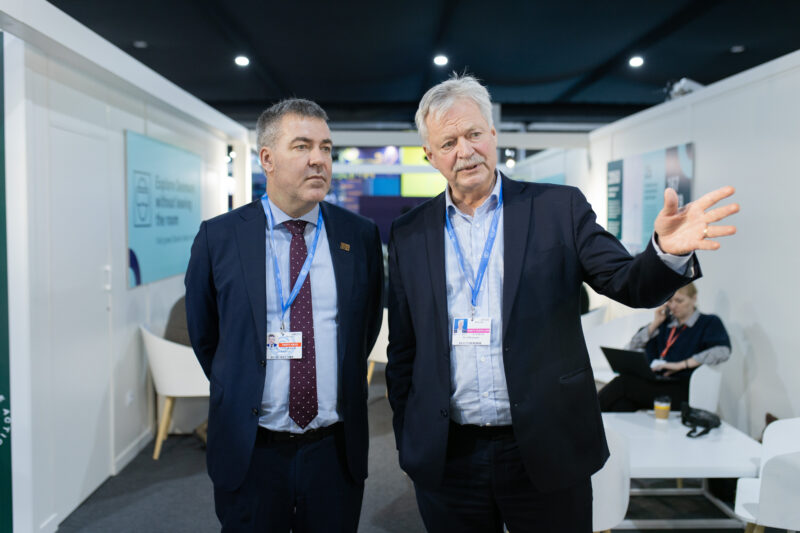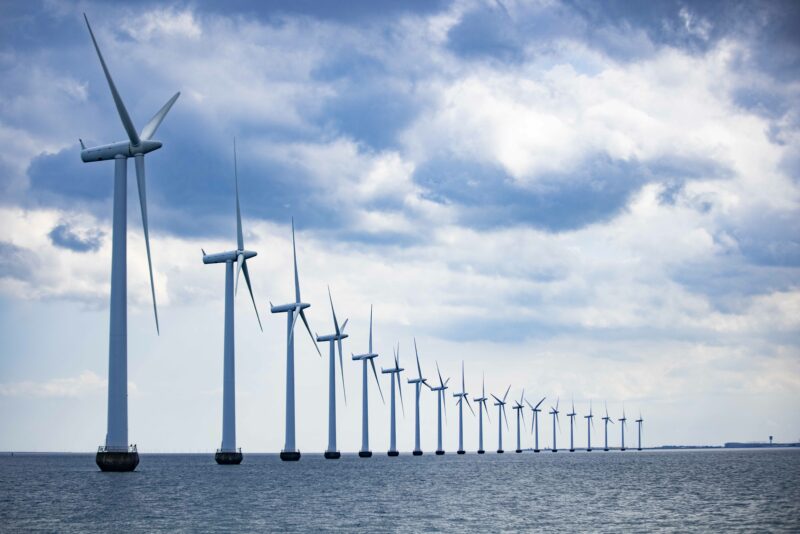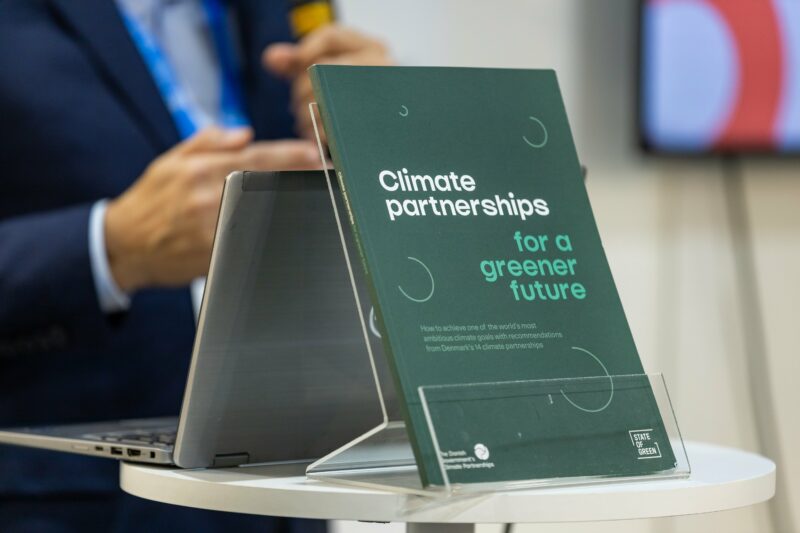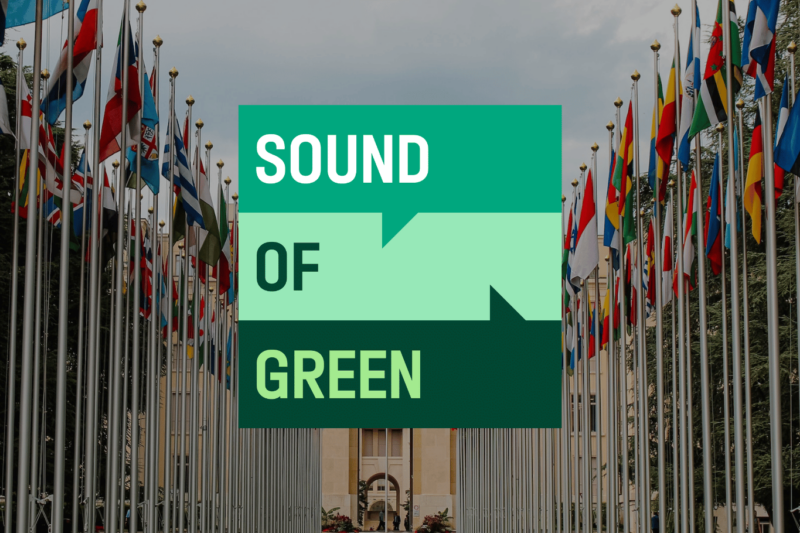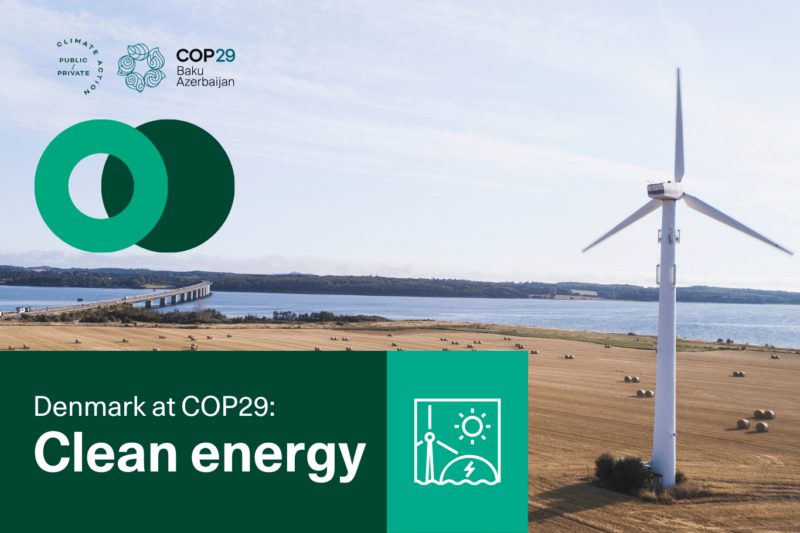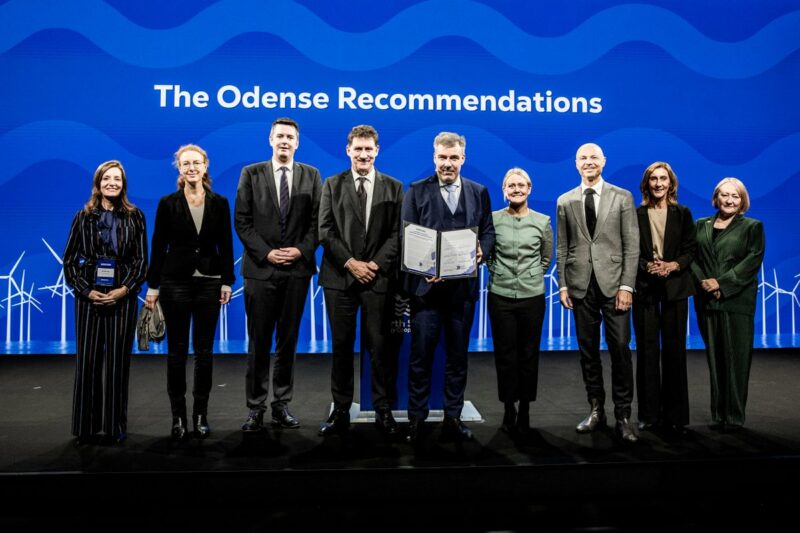INDEP is a 5-year program that constitutes a key element in the government-to-government cooperation on energy. It is based on technical knowledge sharing within three main areas:
1 Offshore wind
Together, the Indian Ministry of New and Renewable Energy and the Danish Energy Agency have established the Centre of Excellence for Offshore Wind and Renewable Energy. It will support the development of offshore wind in a planned and structured process so the wind power expansion can be carried out with less risk for investors and thus more cost-efficient. The Centre of Excellence will gather expertise on offshore wind and use it in India and regionally. India can benefit from unique Danish experiences such as the Danish one-stop-shop concept for permits for offshore wind, which streamlines crucial processes in the development of offshore wind projects.
2 Long-term planning and energy scenarios
The cooperation focuses on developing energy scenarios and long-term planning of the energy system, enabling political decision-making on a more informed
basis. Through cooperation on improved energy scenarios and long-term planning, Indian decision makers can obtain a more accurate picture of the total
costs and emissions associated with an expanding power generation, as well as how it is implemented cost-efficiently. The data basis for the calculations can
be improved by involving several actors in the collection of data. Thus, investment decisions can become more solid and at the same time increase the ownership of the decisions in the Indian society.
3 Flexibility of renewable energy
The cooperation focuses on developing the power system for the integration of variable renewable energy based on Danish experiences. Examples of this are
the development of improved grid codes, expansion of the power market, enhanced flexibility in thermal powerplants, and forecasting of renewable energy
production. Through this, the cooperation can contribute to integrate the planned 450 GW of renewable energy by 2030 in a cost-efficient way.
